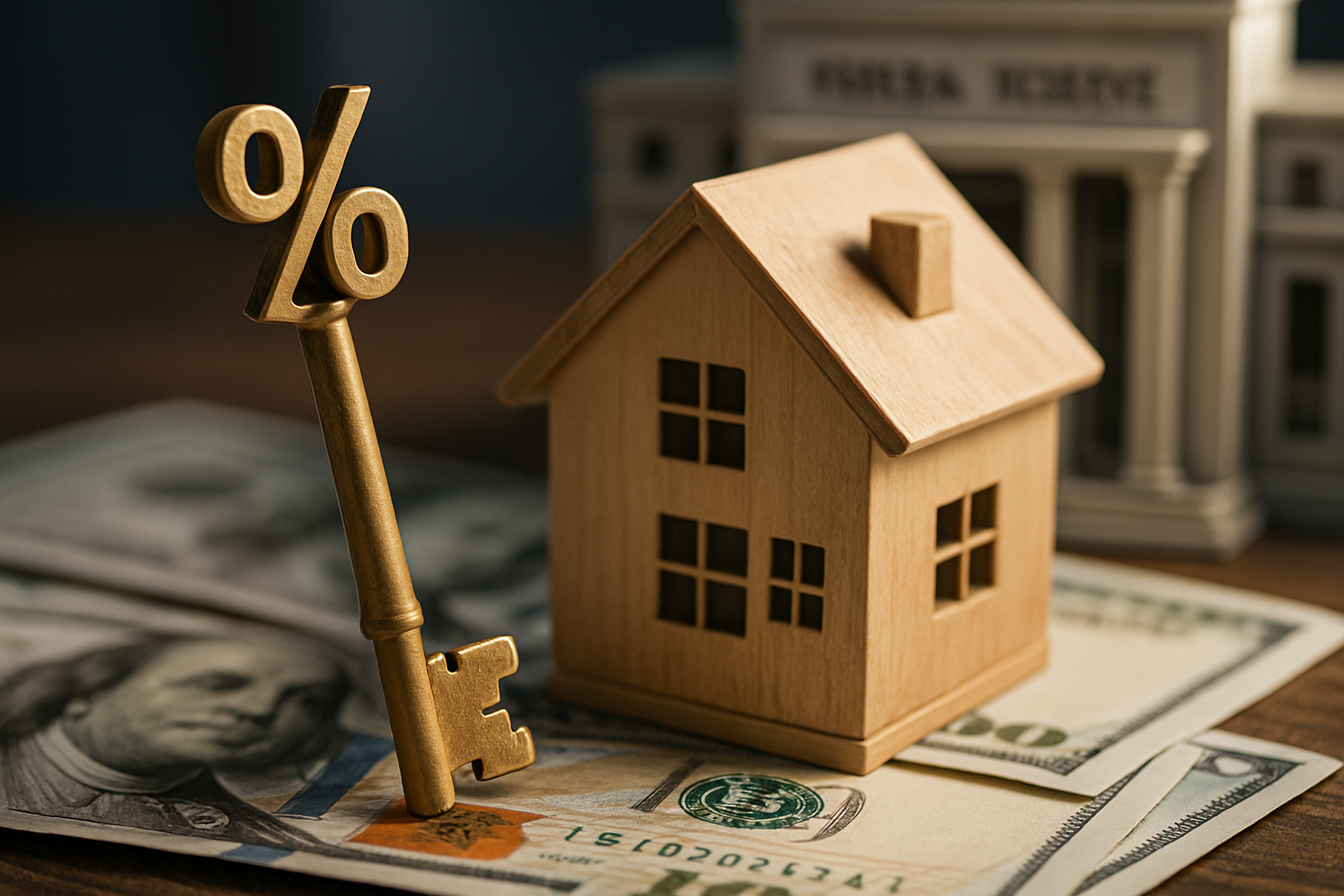Understanding the Market: Foreclosed Homes for Sale and Their Rising Trend
Foreclosed homes represent a unique opportunity in the real estate market, offering potential buyers the chance to purchase property below market value. As economic conditions fluctuate, the availability of foreclosed properties tends to rise and fall accordingly. Recently, there has been a noticeable increase in foreclosed home listings across various regions, catching the attention of both first-time homebuyers and seasoned investors looking for value opportunities in the property market.

What Exactly Is a Foreclosed Home?
A foreclosed home is a property that has been repossessed by a lender, typically a bank or mortgage company, after the homeowner fails to make mortgage payments for an extended period. The foreclosure process begins when the borrower defaults on loan payments and concludes with the lender taking ownership of the property. Once the lender has possession, they generally aim to sell the property to recover the outstanding mortgage balance. These properties often enter the market at competitive prices as lenders are motivated to recoup their losses quickly rather than maintain ownership of non-performing assets.
Why Are Foreclosed Home Listings Increasing in Many Areas?
The recent rise in foreclosed home listings can be attributed to several economic factors. Economic downturns, increased interest rates, and employment instability often contribute to homeowners’ inability to maintain mortgage payments. Additionally, the conclusion of various mortgage forbearance programs that were implemented during economic crises has led to a delayed wave of foreclosures entering the market. Market analysts suggest this trend may continue in the short term, creating both challenges for affected homeowners and opportunities for potential buyers searching for available properties in their area.
What Are the Benefits of Purchasing a Foreclosed Property?
Purchasing a foreclosed home offers several potential advantages for buyers. The most significant benefit is typically the price—foreclosed properties often sell below market value, sometimes at discounts of 15-30% compared to similar homes. This price advantage can provide buyers with immediate equity or allow entry into neighborhoods that might otherwise be unaffordable. For investors, foreclosed homes represent opportunities for renovation and resale at higher margins. First-time homebuyers may find these properties provide an accessible entry point into homeownership, particularly in competitive markets where traditional listings receive multiple offers.
What Risks Should Buyers Be Aware of When Considering Foreclosed Homes?
While the price advantage of foreclosed homes is appealing, potential buyers should approach these properties with awareness of specific risks. Many foreclosed homes are sold “as-is,” meaning the buyer assumes responsibility for any repairs or issues discovered after purchase. These properties may have deferred maintenance problems, as financially struggling homeowners often cannot afford proper upkeep. Additionally, some foreclosed properties might have title issues, outstanding liens, or occupancy complications that need resolution. Conducting thorough inspections, title searches, and budgeting for unexpected repairs are essential steps when considering a foreclosed property purchase.
How Can Buyers Find Foreclosed Home Listings in Their Area?
Finding foreclosed properties requires knowing where to look and understanding the various stages of foreclosure. Multiple resources exist for locating these opportunities in your local area. Bank websites often maintain REO (Real Estate Owned) sections displaying their current foreclosure inventory. Online platforms specializing in distressed properties, such as foreclosure.com and RealtyTrac, provide comprehensive databases of available properties. Working with estate agents who specialize in foreclosures can provide access to listings as they enter the market. Public records at local courthouses contain notices of default and auction announcements that indicate upcoming foreclosures. Local property auctions represent another avenue for finding these opportunities, though they typically require immediate cash payment.
How Does the Foreclosure Purchase Process Differ From Traditional Home Buying?
The process of purchasing a foreclosed home differs significantly from buying a traditional property. Buyers should be prepared for a potentially more complex transaction with unique requirements and timelines. Bank-owned properties often involve specialized purchase agreements with limited negotiation room on price and terms. The lender typically sells the property strictly “as-is,” with minimal disclosures about the property’s condition. Financing foreclosed homes can be challenging, as some properties may not meet standard loan requirements due to condition issues. The timeline may be either much faster (as with auction purchases) or slower (when dealing with bank bureaucracy) than traditional transactions. Having funds ready and paperwork prepared is crucial, as good deals move quickly in this segment of the market.
| Foreclosure Source | Average Price Discount | Typical Requirements |
|---|---|---|
| Bank-Owned (REO) | 10-15% | Standard mortgage approval, property must be habitable |
| Auction Properties | 20-40% | Cash purchase, no inspection opportunity, as-is condition |
| Pre-Foreclosure | 5-10% | Direct negotiation with homeowner, may require paying off liens |
| Government Agency (HUD, VA) | 10-20% | Special financing programs available, strict application process |
Prices, rates, or cost estimates mentioned in this article are based on the latest available information but may change over time. Independent research is advised before making financial decisions.
The foreclosed home market continues to evolve with economic conditions and regulatory changes. While these properties present genuine opportunities for savings, successful purchases require thorough research, proper financing preparation, and realistic expectations about potential renovation needs. As the trend of increased foreclosure listings continues in many regions, buyers who approach these transactions with knowledge and caution stand the best chance of finding value in this specialized segment of the real estate market.




